Math eDocs Page
LINKS to Math Documents
(books, articles, etc.)
on the web
(mostly PDF and EPUB files)
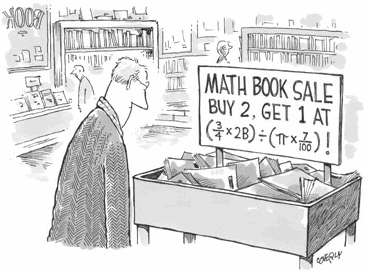
Math eDocs Page
LINKS to Math Documents
|

|
Note:
Links to documents may be added or
replaced or removed or moved,
as I occasionally revisit this page.
Go to the Table of Contents below.
(i.e. skip the following Introduction)
|
Introduction : I have an interest in developing software that uses various mathematical techniques. (I write Tcl-Tk scripts involving GUI interfaces and 'canvases' on which images may be drawn.) Hence, I am interested in finding information that has been assembled, over the ages, on mathematical topics. For my own convenience and utilization --- and for the utilization and convenience of others who might share an interest in mathematical topics --- I have assembled this page of links to on-line 'eDocs' on mathematics. Most of these 'eDocs' are digital files that may be available in one or more file formats, including
Public Documents : These 'eDoc' links are links to texts that are 'public'. Typically they are in the public domain because their copyrights have expired or because the texts have been made available to the public by the current 'owner'. Many texts, like Euclid's Elements, are so old that they pre-date copyright laws. Most of these texts were published more than 70 years ago --- but a lot of good, useful math results are more than 70 years old. And for those of you who are interested in the history of mathematics (and seeking answers to questions such as 'When did a modern approach to math topic X occur?' or 'How was this result first derived?' or 'Who influenced person X?' or 'How did person X die?'), you will probably find many of these texts enlightening. Level of Difficulty : Most of these math documents are intended to be above the elementary school level. On the other hand, most of these documents are not at the highest current levels of mathematical development --- that is, at levels so specialized that only a few people in the world have assembled the many years of background necessary to read them with some understanding. Typically, the kinds of documents that are linked-to on this page are ones whose titles include phrases like 'introduction to' or 'elements of' or 'elementary' or 'principles of' or 'concepts of' or 'a treatise on' or 'a survey of' or 'a history of' or 'a course on' or 'lessons on' or 'theory of'. Main Sources : Most of the links are to Internet archive sites that are dedicated to preserving for posterity many of the great books (and even audio and video) that are accumulating on this earth --- archive sites like
Here are some links to other free eBook sources, at hampshire.edu. And here is an eBook search engine at books.google.com. (Most of the ones at hampshire.edu are dead links, in May 2016.) There are many math articles at arxiv.org, a Cornell University site. I have not mined that site. Many of the papers there are very specialized. You may wish to try the category links on the main page of 'arxiv.org'. There is a 'Math Bookshelf' at gutenberg.org. That is quite nice, but the intent of this page is to provide a 'bookshelf' with links to other sites as well. The math texts at 'archive.org' are spread throughout many 'libraries' on that site. 'archive.org' does not seem to have a page like the 'Math Bookshelf' page at gutenberg.org, which brings together the math categories onto one page. This page is intended to bring together many of the math-text links of 'archive.org' and 'gutenberg.org' (and other archive sites that may be around for many years) onto one page. This 'never-trust-a-corporation-to-do-a-librarys-job' page at 'medium.com' gives a historical-timeline-based explanation of the mission of 'archive.org' ('The Internet Archive'). That page points out: "'The Internet Archive' is a chaotic, beautiful mess. It's not well-organized, and its tools for browsing and searching the wealth of material on there are still rudimentary, but getting better." This page is an attempt to provide some order to the 'math and math-physics' portion of that 'chaotic, beautiful mess'. The overwhelming quantity of on-line math books There are a huge number of public domain math books and articles available from sites like 'archive.org'. I cannot put links to all of the math texts on the internet on this page --- especially since many math books and articles are being added everyday. In 2015, 'archive.org' pointed out that it is adding about 1,500 scanned books (of all types - not just math) every day. So, to augment the links that I have on this page, I added a section to the bottom of this page, which provides KEYWORD SEARCHES OF 'archive.org', using keywords that relate to math and math-physics eDocs. To further augment the links that I have on this page, I added another section to the bottom of this page, which provides KEYWORD SEARCHES OF 'the web', using keywords that relate to math and math-physics eDocs. Also, I added another section to the bottom of this page, which provides SPECIAL SEARCHES OF 'gutenberg.org', using subject or author or title searches (using the 's.' and 'a.' and 't.' prefixes that the gutenberg.org site supports). Adding to the plethora of math books on 'archive.org', many math books are available on that site in several scanned versions, from various sources. For example, a book may have been scanned from several library sources --- such as, from the Harvard University library, from the University of Michigan library, and by Google. So ... Some of the links that I have on this page may be available in a better form (smaller file size, clearer scan, white background rather than mottled beige). Over time, I may replace some of the links here with links to 'better' math eDocs. File Size (and Scan Type) Considerations : To create an 'eBook' from a paper-based book, the pages of a paper book are scanned with an electronic scanner --- creating a 'raster-image' of each page. These raster images are often assembled into a 'scanned PDF' file. As a result, the PDF file for many books is often larger than 20 Megabytes --- rather than smaller than 1 Megabyte, which could be achieved by using an OCR (Optical Character Recognition) program to convert the file to 'selectable/searchable/flowable text' --- using about one or two bytes per text character, rather than about 10 to 20 bytes to encode the 'pixels' in each character. And, in addition, there are all the pixels that are in scanned-PDF-files representing blank spaces on pages --- such as between-the-lines-and-paragraphs spaces, margins, and entire blank pages. A huge 'scanned PDF' file will download relatively slowly --- *AND* reading the file with a PDF reader may be slow and frustrating as, after advancing a page, it takes many seconds for page images to appear. Fortunately, some people have spent some effort with OCR utilities to convert many 'scanned' books into the EPUB format ('flowable text' suitable for reading on small-screen devices --- along with raster images, if any, in the document). For example, many of the documents at 'archive.org' are available as a large 'scanned PDF', but also as a smaller EPUB file --- typically 20 times smaller. On my Linux system, the Okular program will read EPUB files. I can page through one of these EPUB files much faster than through the corresponding 'scanned PDF' file. And, using a 'Select' mode of Okular, I can select either text areas or images for pasting into another utility program's window. Unfortunately, mathematical formulas are typically converted to a mixture of alphabetic characters and control codes in EPUB files, making the formulas almost unreadable. At 'archive.org', they usually have not expended the manpower to 'manually' reconstruct the formulas into readable form in the EPUB format. In those cases, one can use a PDF version of the document to read the formulas. Sometimes the PDF file is available in a black-and-white 'B/W PDF' file or a 'PDF with text' file which is somewhat smaller that a 'scanned PDF' file. It will probably be faster to use those files, if they are available. If you are trying to reconstruct just a page or two of a document (for example, to put in a web page), you could 'select-and-copy' text from the EPUB (or plain-text) form of the document and 'capture-and-edit' an image of a page or two from the 'scanned PDF' file. Then the 'scraped' text (from the EPUB or plain-text file) and the cropped image of formulas or figures (from the PDF file) could be put in your document/web-page --- with re-wording appropriate to your application. It seems that 'gutenberg.org' has gone the extra mile to create PDF files with 'selectable/searchable' text --- with nice white backgrounds --- and with readable math formulas. If you want a relatively-small, easily-readable eDoc, you could see if it is available at 'gutenberg.org'. Many documents on 'archive.org' are also available in the MOBI (Mobipocket) format. The MOBI format is an Amazon-Kindle-readable format, and the EPUB format is an Apple-iPad/iPod/iPhone-readable format. If you have a 'reader program' on your computer that supports EPUB format, I would suggest selecting EPUB files to read. Use that reader program to read a document in the 'open' EPUB format --- rather than using a 'PDF reader' on a relatively huge 'scanned PDF' file --- whenever it is feasible to read the document in the provided EPUB format. Finding eDocs on this page : Some books could have been put into several of the categories seen in the categories of the Table of Contents below, but we put each book into a single category. Hence it may not be easy to find a book according to a category, but ... In addition to finding a book via the category-links in the Table of Contents below, you can use the 'Find' option of your browser to find keywords on this page, such as 'history' or 'euclid' or 'newton' or 'lagrange' or 'hilbert' or 'geom' or 'trig' or 'algebra' or 'differential' or 'knot' or 'fractal' or 'dynamics' or '3d' or '3 body' or '4-body' or 'n-body' or whatever. Enough. Here is the Table of Contents. |
Table of Contents:(links to groups of eDoc links below)
End of Table of Contents.
|

e, fi, fo, n, o, se, si, th, tw
Math HISTORY eDocs(in order by author name)
< Go to Table of Contents, above. >
|
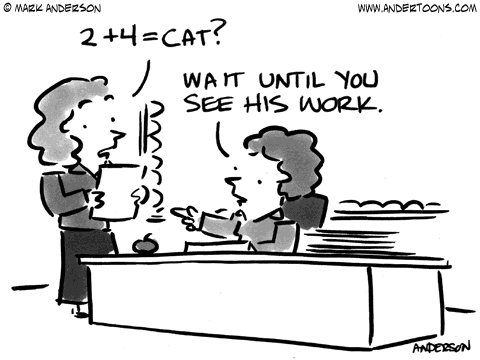
Math BIOGRAPHY eDocs
< Go to Table of Contents, above. >
|
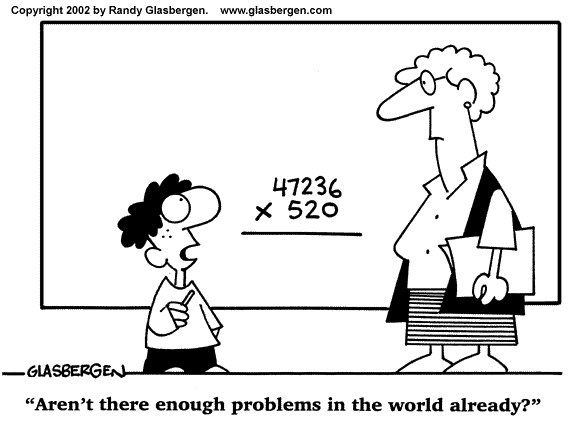
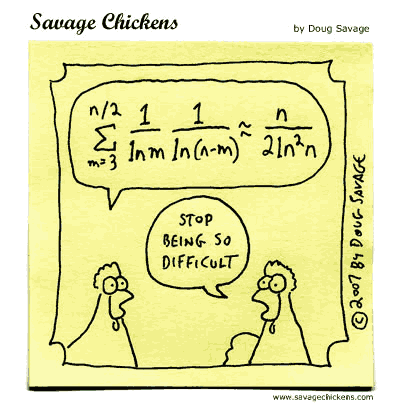
Math - GENERAL eDocs(in order by author name)
< Go to Table of Contents, above. >
|
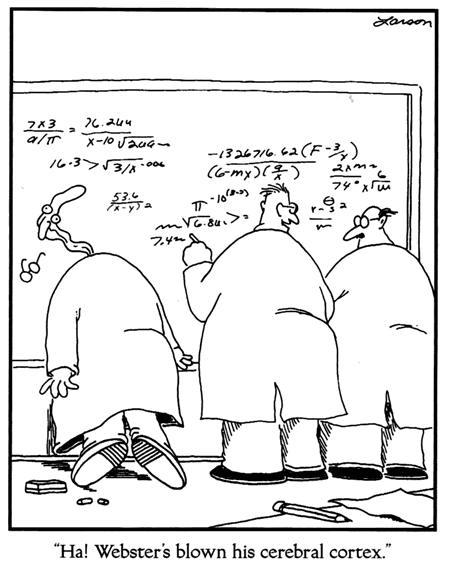

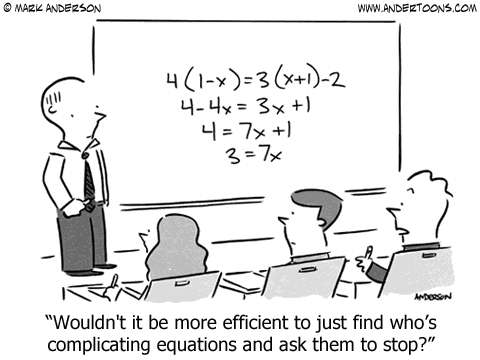
Math - PLANE (Euclidean) GEOMETRY eDocs(in order by author name)
< Go to Table of Contents, above. >
|
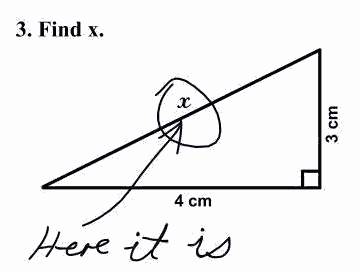
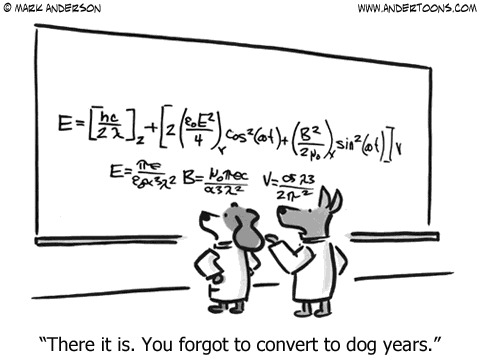
Math - NON-EUCLIDEAN GEOMETRY eDocs
< Go to Table of Contents, above. >
|
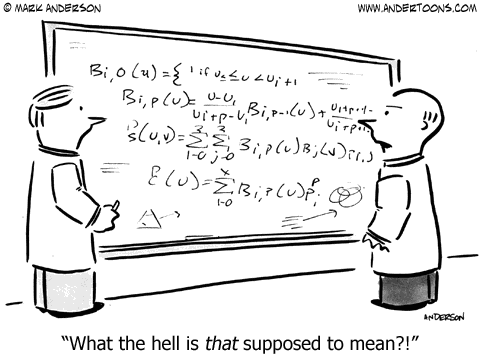
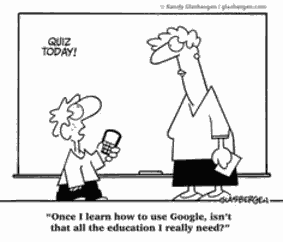
Math - PROJECTIVE GEOMETRY eDocs
|
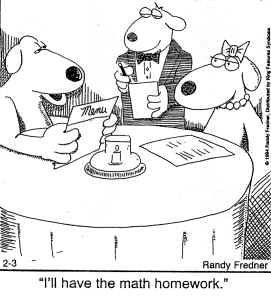
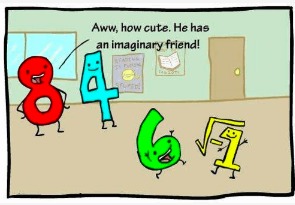
Math - 3D GEOMETRY eDocs
< Go to Table of Contents, above. >
|
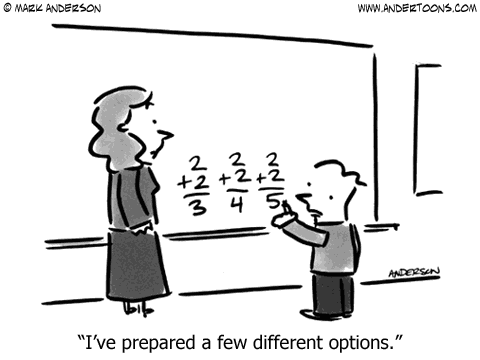
Math - 4D-and-more GEOMETRY eDocs(in order by author name)
< Go to Table of Contents, above. >
|
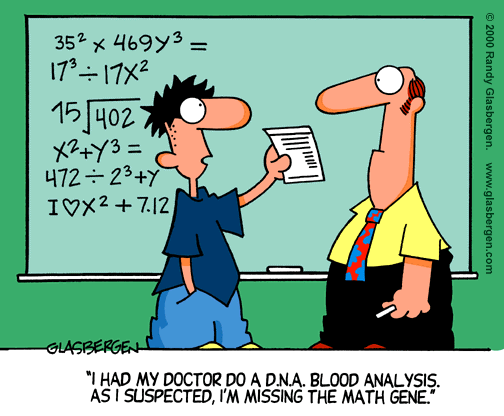
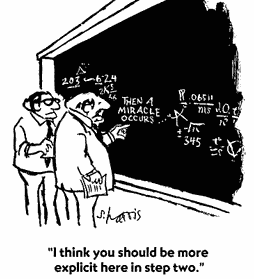
Math - TRIGONOMETRY eDocs
< Go to Table of Contents, above. >
|
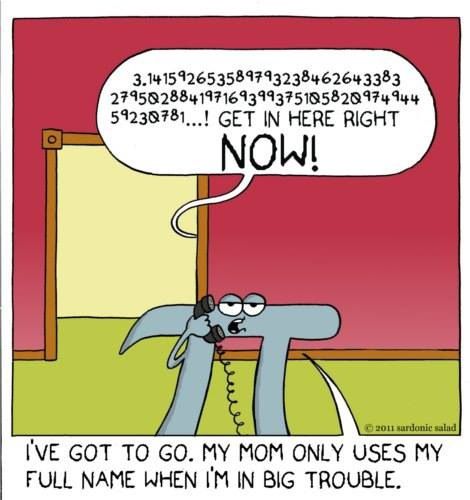
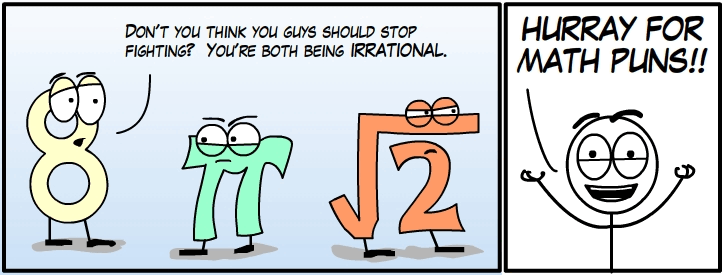
Math - ALGEBRA eDocs(in order by author name)
< Go to Table of Contents, above. >
|
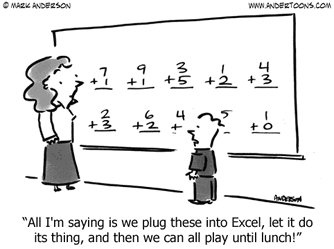
Math - SPECIAL FUNCTIONS eDocs(including math tables)
< Go to Table of Contents, above. >
|
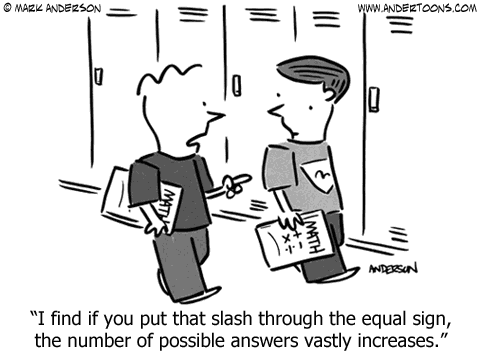
This guy has noticed that changing
equalities to inequalities generates
way more solutions. (He's a future Gauss.)
Math - NUMBER THEORY (and LOGIC) eDocs
< Go to Table of Contents, above. >
|
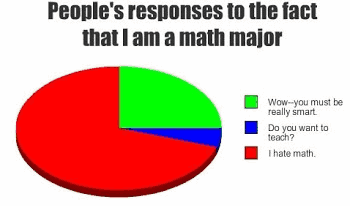
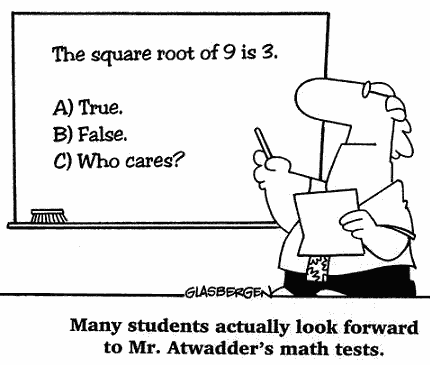
Math - ANALYSIS eDocs(Real and Complex Numbers)
< Go to Table of Contents, above. >
|
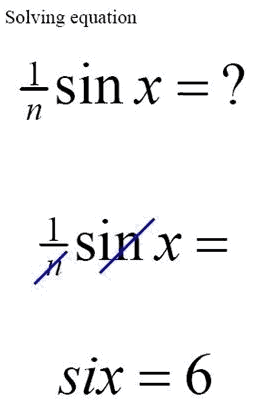
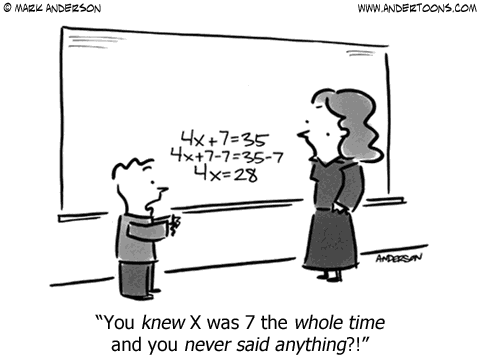
Math - ODE's (Ordinary Differential Equations) eDocs
< Go to Table of Contents, above. >
|
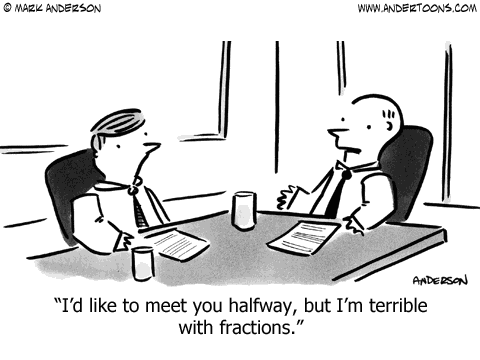
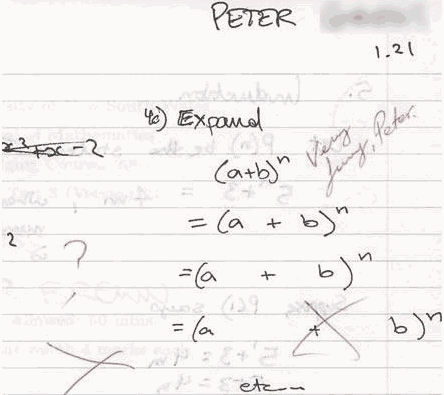
Math - N-BODY DYNAMICS eDocs
< Go to Table of Contents, above. >
|
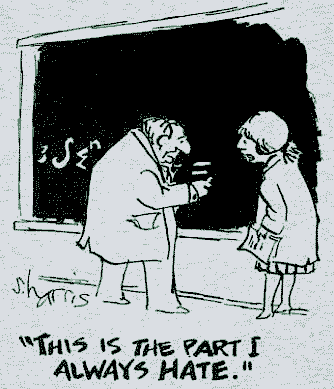
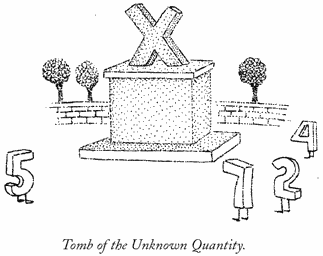
Math - APPLIED MATH eDocs
< Go to Table of Contents, above. >
|
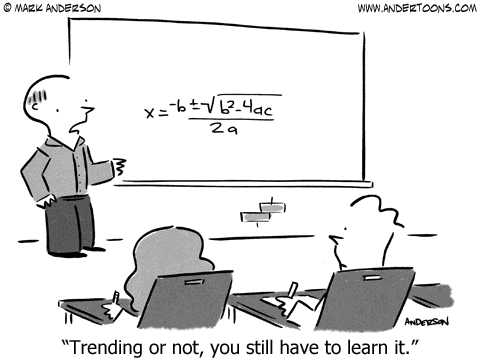
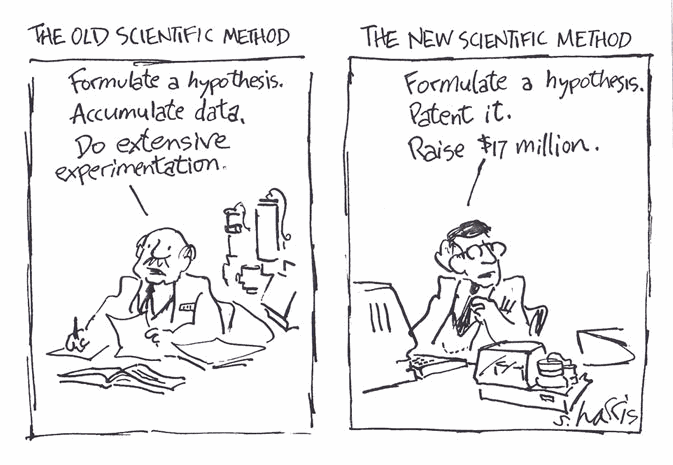
Math - PDE's (Partial Differential Equations) eDocs
< Go to Table of Contents, above. >
|
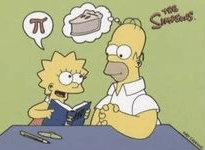
Math - MATHEMATICAL PHYSICS eDocs
|
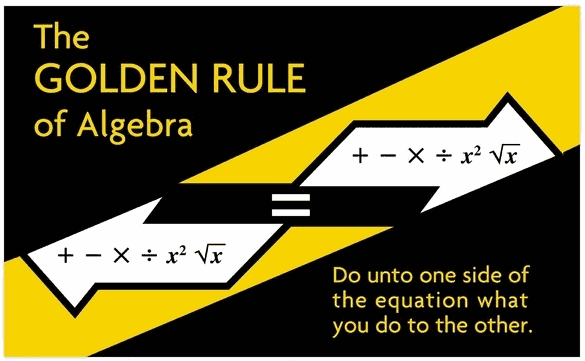
We inject a little serious (true) banter here.
(Note: Do not divide both sides by zero. In that case,
you can deduce lots of strange things ... like 2 = 1.)
Math - MATHEMATICAL QUANTUM PHYSICS eDocs
< Go to Table of Contents, above. >
|
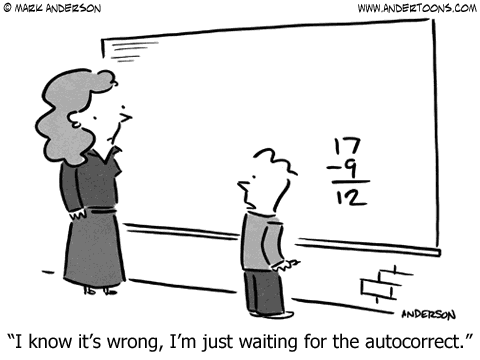
Math - TOPOLOGY eDocs
< Go to Table of Contents, above. >
|
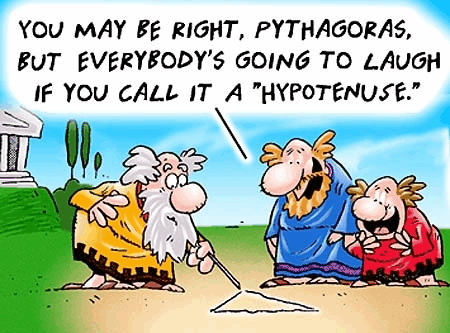
Math - FRACTALS eDocs
< Go to Table of Contents, above. >
|
Math - KNOTS (and Braid and Links) eDocs
< Go to Table of Contents, above. >
|
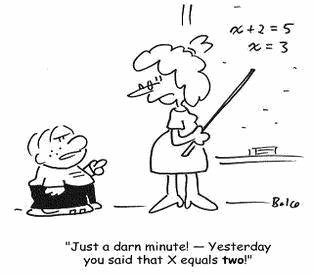
Math - PROBABILITY & STATISTICS eDocs
< Go to Table of Contents, above. >
|
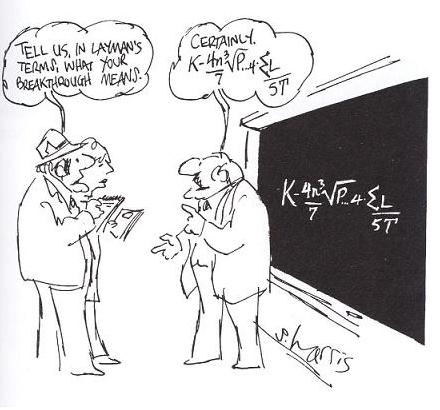
KEYWORD SEARCHES OF 'archive.org'(for lists of math & math-physics eDocs)
< Go to Table of Contents, above. >
After you do a search, you can add or change the keywords in the search. For example, you could add more qualifiers, such as an author name. To find less specialized texts, add words like 'introduction' or 'history' or 'elements of'.
|
KEYWORD SEARCHES of 'the web'(for lists of math & math-physics eDocs)
< Go to Table of Contents, above. >
After you do a search, you can add or change the keywords in the search. For example, you could change 'pdf' to 'epub' or 'html'. Or you could add more qualifiers, such as an author name. And, to find less specialized texts, add words like 'introduction' or 'history' or 'elements of'.
|
SPECIAL SEARCHES of 'gutenberg.org'(for lists of math & math-physics eDocs)
< Go to Table of Contents, above. >
These are example searches by subject or author or title. After you do a search, you can add or change the keywords in the search. For example, you could change an author last-name or a title keyword.
|
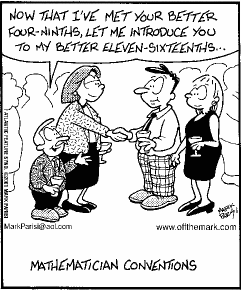
Before you call this sexist,
maybe the four-ninths spouse
is the man on the right.
Maybe his wife referred to him
as her better four-ninths.
*AUDIO* MATH & MATH-PHYSICS DOCUMENTATION
< Go to Table of Contents, above. >
|
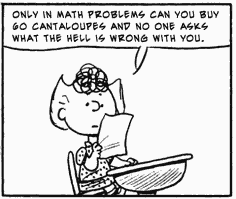
*VIDEO* MATH & MATH-PHYSICS DOCUMENTATION
< Go to Table of Contents, above. >
|
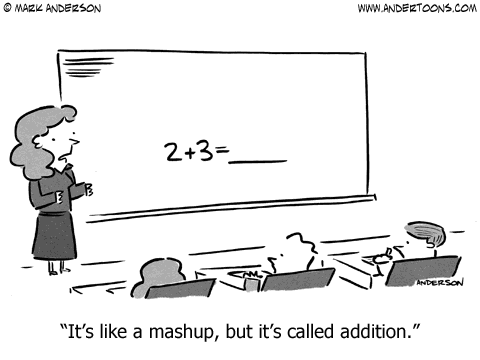
|
Bottom of this To return to a previously visited web page location, click on the Back button of your web browser, a sufficient number of times. OR, use the History-list option of your web browser. OR ...
< Go to Table of Contents, above. >
Or you can scroll up, toward the top of this page. Page history:
Page was created 2015 Feb 12.
|
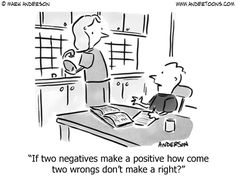
|
Note: I am hoping that keeping the cartoonist's name on these images gives some good exposure to the 'math toonists' --- while not being at odds with any commercial desires that they may have. However, if a toonist objects, I will gladly remove their images from these math-links pages. Similarly, I will gladly remove links to any of the math eDocs if an author or 'owner' of the document objects to the link being on this page. That person will have to contact the link site if they want the document removed from that site. |